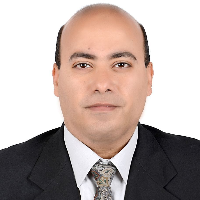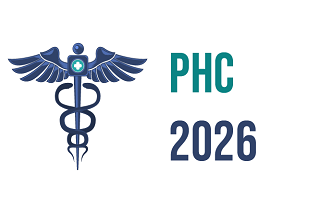5th International Conference on
Primary Health Care
November 26-27, 2026 | Dubai, UAE

Address: Al Barsha, Al Barsha 1, Dubai, United Arab Emirates
PHC 2026

National Research Centre, Egypt
Abstract:
Malnutrition is an important risk factor for individuals’ morbidity and
mortality, as well as healthcare expenses. Malnutrition, a global health issue that
transcends age, gender, color, socioeconomic status, and geographic boundaries,
puts almost everyone at danger.
Numerous genetic, hormonal, and metabolic factors, as well as, lifestyle
elements like overeating and insufficient exercise can all contribute to obesity.
Obesity raises the risk of developing additional diseases or coexisting
medical disorders such diabetes, osteoarthritis, hypertension, malignancies, and
cholesterol problems. Obesity in adolescents significantly increases by sedentary
behavior and bad dietary habits.
There are many strategies for assessment of malnutrition and sedentary
behaviors. Nutrition, exercise, behavioral, sleep therapies, pharmacotherapy, and
bariatric surgery are used to treat obesity and sedentary behavior in obese
adolescents.
This review summarizes the different management strategies for
malnutrition and sedentary behaviors in obese adolescents.
Biography:
Dr. Ramy Mohamed is an Associate Professor of Pediatrics and Neonatology, and Consultant in Pediatric Clinical Nutrition at the National Research Centre, Egypt, where he also serves as Associate Professor of Biological Anthropology. His expertise spans endocrinology and diabetes in both pediatric and adult patients. An Associate Alumni of Harvard Medical School and a member of the Japan Society for the Promotion of Science, Dr. Mohamed has published 13 research papers in highly reputed international journals. He is an accomplished international speaker and organizer, with oral presentations delivered in Japan, France, and Prague, and has led numerous international courses, symposiums, workshops, and seminars worldwide.
